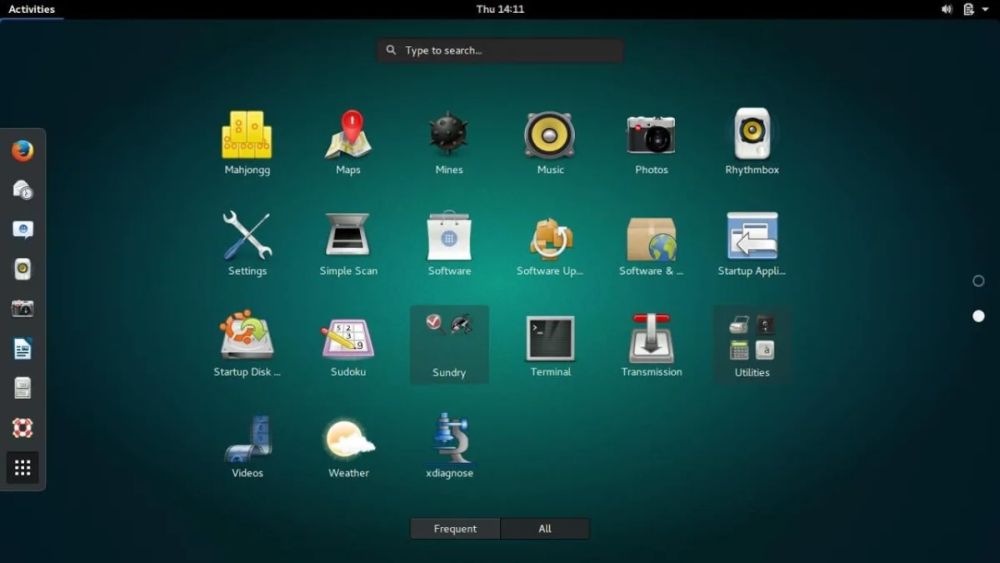
Are you looking for some of the latest Linux books? You should, as Linux itself is a dynamically evolving operating system due to which a book of 2014 is likely to be outdated now. To ease your search task, here are the seven best Linux books for 2020.
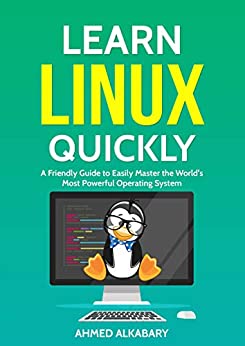
Learn Linux Quickly, by Ahmed Alkabary
This book comes straight from IBM Canada’s Linux system administrator, Ahmed Alkabary who has gone to the beginner’s level to remove the fear of learning Linux. So, this book is for all those who want to learn Linux without any anxiety or worries.
Many probable learners think that this operating system is much more apt for hackers and networkers due to which it is complicated and tough to learn. Thus, they simply drop their idea of exploring it. However, the fact is that Linux is easy to learn, which this book proves.
Through this book, you explore this operating system in a friendly and motivated manner. There is no need for you to have any prior knowledge about it, which is ideal for beginners. Even for the advanced and intermediate users, there are many topics to explore.
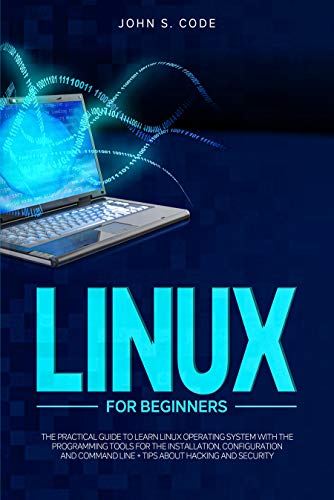
Linux For Beginners, by John Code
Consider this book by John Code if you are confused as to where to start learning and mastering Linux. No, it is not on the Linux version that features a graphical user interface but on the one that has a command-line interface. So, if you wish to command over these Linux commands, this book is worth your money and time.
There is a lot you can learn, ranging right from the operating system dynamics to user management via the command-line interface. You get to compare Linux with other operating systems apart from its evolution since its inception.
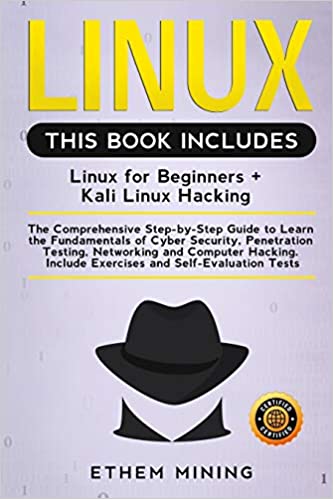
Linux: 2 Books in 1, by Ethem Mining
This is the book for those who do not have any basic knowledge of cybersecurity, cyber threats, testing methods, and IT security and yet want to be a pro in these computing areas. Ethem Mining has authored this book in such a way that you learn shell Linux and GUI-based Linux as a pro, become a master of cybersecurity, and implement ethical hacking.
Did you know that Linux is the most elite system for ensuring information security? IT security pros use it almost daily, especially Kali Linux, for data protection and security assessment. It teaches ethical hacking, which is among the highest paid jobs since a few years.
Interestingly, this concept forms the second section of this book, while the first one focuses on basic Linux. This is why the book is titled, “2 Books in 1.”
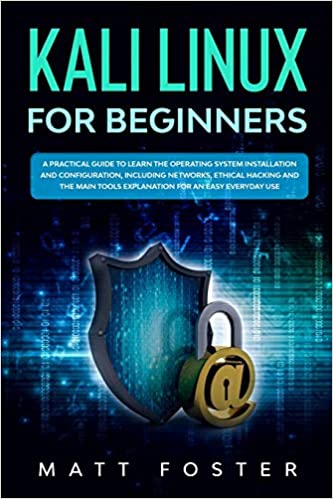
Kali Linux for Beginners, by Matt Foster
As the name suggests, this book by Matt Foster is for technical buffs who are eager to know about computer networks and ethical hacking. For them, it is important to master Kali Linux. An ethical or a white-hat hacker is a highly-paid cybersecurity expert who identifies and fixes the threats and vulnerabilities in networks and software packages.
So, to become one such expert, this book can be your reliable starting point. It guides you on how to install and use this Linux version designed to cater to the requirements of ethical hackers.
Some of the most interesting topics include installing Linux without having any kind of knowledge, choosing Kali for ethical hacking, beginner-friendly Kali tools for hacking, and primary cybersecurity principles to comprehend. You will find several step-by-step procedures and instructive screenshots.
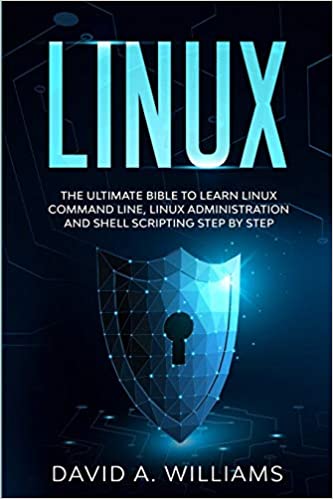
Linux: The Ultimate Beginners Bible, by David A. Williams
Are you tired of reading too basic or too advanced Linux books? If yes, then this can be the best pal for you. This package includes everything that you as the beginner need to know and master, ranging right from the fundamentals to the mid-tier scripting and to the advanced hot as well as short keys.
Specifically, it focuses on the Red Hat Enterprise 7 version of Linux apart from the operating system’s command-line interface. It starts right from scratch, which is installing the operating system in such a way that you gain control over most keys and commands in no time.
You will also be taken on a tour of both basic and advanced shell scripting along with the environment variables and logs. David Williams, the author, seems to not only make you get acquainted with the interface but also to make you its expert. You will start using Linux like a professional.
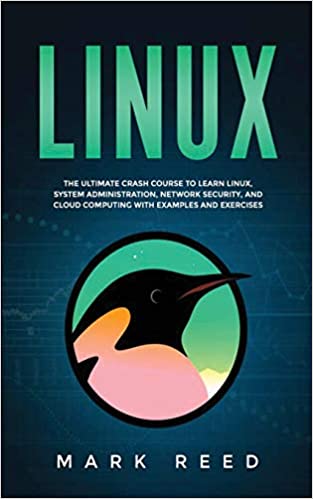
Linux: The Ultimate Crash Course to Learn Linux, by Mark Reed
Written by Mark Reed, this is the book for those who want to dig deeper into this versatile operating system. In other words, it is more suitable for advanced users. If you have been using Linux for a while, it is going to be easy to learn advanced concepts explained in this book.
Linux is no longer used only by gamers or tech geeks. Today, it is a comprehensive system that can benefit a variety of computer users expecting it to fulfill different purposes. This is what this book focuses upon.
Thus, it is a practical compilation featuring commands, scripting, security features, and working with Cloud through Linux. You can expect in-depth knowledge in each of these sections or chapters.
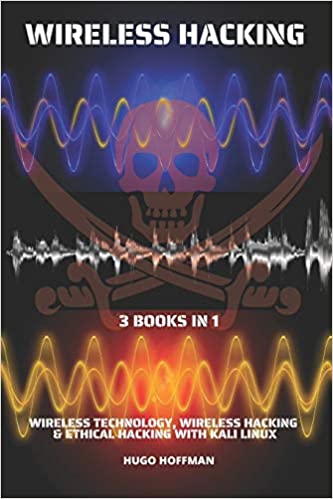
Wireless Hacking with Kali Linux, by Hugo Hoffman
For a professional hacker, wireless penetration testing apart from the wired one is a key skill. This skill is best learned and honed using Kali Linux. This is exactly what this book package from Hugo Hoffman makes you master.
There are three books in this set. The first book focuses on the basics of wireless technology, while the second one shows how to hack any wireless network quickly. The third book shows how to hack as a professional.
If you are new to wireless networks, you should ideally start by reading the first book. However, if you know their basics ranging right from the electromagnetic spectrum to 5G networks, it is wise to get started with the second book.
So, which book you will read first? Well, this depends on what you want to master!
